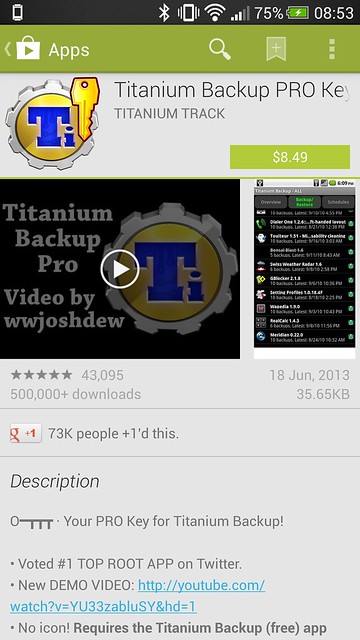Interesting service by SingTel. These days almost everyone is using an iPhone, Android or Blackberry and all the phones are connected to data services. Not forgetting those 3G USB dongles are connected to the same data network as well. If you paid only for mobile broadband, you are also sharing the same bandwidth with those who paid for mobile plans that comes with data services. But with Priority Pass, mobile broadband users get higher priority (in terms of speed & bandwidth) than mobile plan data services users.
Also, we can expect commercial LTE services from SingTel by the end of the year.
Singapore, 13 June 2011 – Singapore Telecommunications Limited (SingTel) today announced the launch of Asia’s first premium priority mobile broadband service, as well as the typical speeds of its mobile broadband services.
Named Priority Pass, SingTel’s premium priority mobile broadband service offers faster and more reliable Internet connectivity on the move. Customers enjoy priority for their data traffic when the network is heavily loaded, thus ensuring smoother streaming and downloads.
The service is activated at no additional charge for SingTel’s 7.2Mbps and 21Mbps mobile broadband plans. As SingTel has continuously invested in its network to provide more capacity, the introduction of Priority Plus does not affect the broadband experience of users of other plans.
Mr Yuen Kuan Moon, SingTel’s Executive Vice President of Digital Consumer, said: “Priority Pass is a game-changer that will give our mobile services the edge over our competitors. In the last year, we have seen a sharp rise in mobile data usage with the explosive growth of new web-enabled devices and bandwidth-hungry multimedia applications. We launched Priority Pass to cater to the rapidly growing number of customers who are demanding higher speeds with more consistent performance.”
Typical mobile broadband speeds
As a first for the mobile industry in Asia, SingTel has published the typical speeds of its mobile broadband services. The table below outlines the typical range of speeds that customers can expect 80% of the time. SingTel has also renamed its 3.6Mbps, 7.2Mbps and 21Mbps USB modem-based services as Classic 3.6, Priority 7.2 and Premium 21 respectively.
Mobile Broadband
| Mobile broadband plan |
Theoretical speed |
Typical speed range |
| Classic 3.6 |
3.6Mbps |
0.8Mbps to 2.1Mbps |
| Priority 7.2 (with Priority Pass) |
7.2Mbps |
1.4Mbps to 3.7Mbps |
| Premium 21 (with Priority Pass) |
21Mbps |
1.7Mbps to 4.8Mbps |
As with all wireless technologies, the range of speeds and experience is dependent on several factors, such as the user’s location from base stations, the number of users in the area, the mobile devices used, as well as the response of websites accessed. Customers may also experience slower speeds indoors where mobile signals are blocked by walls and structures.
“We are constantly listening to our customers to understand their needs, and they have told us that they are not getting the speeds that are advertised,” said Mr Yuen.
“Our customers deserve to know exactly what they are getting when they sign-up for our services. We are confident that our mobile network is the best in Singapore and we want to set an example for the industry. By disclosing the actual speeds of our services upfront we aim to help consumers to make better informed choices.”
Mr Yuen said that SingTel was rolling out its LTE network after completing trials last year, and customers could expect commercial LTE services by the end of the year.



